How to Pick and Buy Travel Books for Your Next Destination
Planning your next big adventure? You’ve probably already got your flights booked, your bags half-packed, and your passport ready to go. But have you considered adding a travel book to your packing list? Whether you're trekking through ancient ruins, soaking up beach vibes, or indulging in city adventures, a good travel book can be the perfect companion for your journey. But how do you choose the right one? No worries! This guide will help you pick the perfect book to help you get the most out of your destination, with a few tips on where to buy travel books.
Why Buy a Travel Book in the First Place?
In today’s digital age, you might be thinking, "Why bother with a physical book when I can just look everything up on my phone?" Fair question. But a physical travel book offers some unique benefits you simply can't get from browsing on your phone. For one, there's no Wi-Fi required. Plus, holding a book gives you that nostalgic feeling of old-school travel planning – no screen distractions or endless scrolling through Instagram.
But most importantly, travel books are curated by experts who have spent time in the place you're going. They offer insider tips, detailed maps, and even historical context that you might not find in a quick Google search. Plus, flipping through a travel book might spark ideas for places to visit that you hadn't thought of yet.
Ready to buy your next travel book? Here’s how to pick the best one for your destination!
1. Consider the Type of Trip You’re Taking
Before you head to your favorite bookstore or online retailer to buy a travel book, think about the type of trip you're going on. The right book depends on whether you’re planning a laid-back beach vacation, an intense hiking adventure, or a whirlwind city tour.
For Adventure Seekers: If you're venturing off the beaten path, you’ll want a book with detailed maps, hiking guides, and specific information about remote destinations. Lonely Planet’s trekking guides or Rough Guides' off-the-beaten-path recommendations are great picks.
For Relaxing Getaways: If you're just looking to relax and explore at a leisurely pace, a general travel guide might suit your needs. These types of books often include restaurant recommendations, suggested walking tours, and tips for enjoying local culture. Rick Steves’ guides are popular for European destinations, providing a well-balanced mix of sightseeing and leisure.
For City Explorers: Urban explorers will love travel books that highlight the best things to see, eat, and do in a city. Look for guides that focus on local neighborhoods, restaurants, and hidden gems. Time Out city guides are a great choice if you’re looking for both popular and lesser-known attractions.
2. Look for Updated Editions
One of the most important things to consider when buying a travel book is its publication date. Travel information changes fast—new restaurants pop up, attractions close down, and public transportation routes are altered. Buying a new, up-to-date edition will ensure you're working with the most accurate and relevant information. After all, you don’t want to show up at a museum that’s been closed for renovation since last year, right?
Most major travel book publishers release updated editions on a regular basis, and they usually note the release year on the cover or in the introduction. So, if you’re planning a trip in 2025, make sure you pick a guide that’s been updated within the last year or two.
3. Check the Focus and Details
Not all travel books are created equal. Some are broad, general guides, while others delve deep into specific aspects of a location. Make sure the book you buy aligns with your interests.
For History Buffs: Want to learn about the history, culture, and hidden stories of your destination? There are plenty of books that provide in-depth historical perspectives. These might not be your typical guidebook, but they’ll certainly add richness to your experience.
For Food Lovers: If you're all about food (who isn’t?), look for a travel book that covers local eateries and food culture in detail. Some books even have full sections dedicated to street food, wine regions, or specific culinary traditions. These can be a fun and mouthwatering way to explore a new destination.
For Solo Travelers or Families: Some travel books are tailored to specific types of travelers. If you're venturing solo, you might want a guide that includes tips on safety, solo-friendly activities, and local hotspots for solo adventurers. For family trips, there are books that provide insights on kid-friendly attractions, accommodations, and activities.
4. Check Reviews and Recommendations
The internet is your best friend when it comes to checking out book reviews and recommendations before you buy. While a publisher will naturally highlight the strengths of their book, reading unbiased reviews from fellow travelers can give you a more well-rounded perspective.
Take a look at user reviews on major retailer websites or visit travel blogs that offer book recommendations. Many bloggers and travel enthusiasts have tested out different books and will let you know if a particular guidebook is worth your investment. It’s also a good idea to check out online forums like Reddit, where fellow travelers often share their experiences with specific books and recommendations.
5. Think About the Format
What’s your ideal format for a travel book? Some people prefer large, glossy coffee-table books that are full of beautiful photos and maps, while others want something compact, they can easily slip into their backpack. Both have their merits, so it depends on how you plan to use your book.
Heavy on the Visuals: If you like to daydream about your upcoming trip by flipping through pages full of stunning photography, consider books with lots of visuals, like DK Eyewitness Guides or National Geographic’s travel books. These are full of colorful photos that give you a true sense of the destination before you even leave home.
Compact and Practical: If you want something more functional, look for books that are small and portable, like the Insight Guides or Lonely Planet Pocket Guides. These fit easily into a bag and often contain more practical, concise information.
E-Books or Apps: If you want a travel book but don’t want to lug around a heavy physical copy, consider buying an e-book version or downloading a travel app that you can reference on your phone. They often have interactive maps, real-time updates, and the benefit of being easy to search.
6. Determine Your Budget
Travel books vary in price, and while you can often find affordable options, some comprehensive guides might come with a higher price tag. Consider how much you’re willing to spend on a book that will help shape your travel experience.
If you're on a tight budget, there are plenty of affordable options, especially from independent publishers. Alternatively, check out used bookstores or secondhand options online. Many gently used books are sold for a fraction of the price of new ones, and you might even find some rare or out-of-print editions.
With that said, don’t always opt for the cheapest option. A good travel book can elevate your trip, making it worth investing in a high-quality guide that gives you all the information you need to fully enjoy your destination.
7. Where to Buy Travel Books
Once you know what type of travel book, the next step is to decide where to buy it. You can either purchase travel books online or in a physical store, depending on your preference.
Online: Websites like CycloneSale.com offer a wide selection of travel books with the convenience of home delivery. You can often read reviews and get recommendations from other readers before making your purchase. Plus, some retailers even have quick shipping options, so you’ll have your book just in time for your trip.
Local Bookstores: If you love browsing through physical bookshelves, head to your local independent bookstore or chain. You’ll not only support local businesses but might even get personalized recommendations from knowledgeable staff.
Specialty Travel Stores: Some cities have specialty travel stores that focus solely on travel gear and books. These stores are perfect for picking up your next guidebook, especially if you need expert advice or want to pick up some extra travel essentials while you’re at it.
8. Don’t Forget the Fun Factor
Let’s face it, travel should be fun! While it’s important to pick a book that will guide you through your destination, remember that a travel book should also be enjoyable to read. Pick a book that speaks to your sense of adventure, humor, and curiosity.
Look for books that entertain as much as they inform. Guidebooks that include fun facts, quirky anecdotes, or personal stories can make the planning process more enjoyable and help you connect with your destination on a deeper level.
Conclusion
Picking and buying the right travel book for your next destination is all about aligning your travel style, interests, and needs with the content of the book. Whether you're heading to a bustling city, a quiet countryside, or a remote mountain trail, there’s a travel book out there to make your trip more enjoyable, informative, and unforgettable.
So, the next time you plan a trip, take a moment to consider investing in a good travel book. You’ll have all the insider tips, tricks, and recommendations you need to make your adventure truly special all without needing to rely on a Wi-Fi connection. Buy books at CycloneSale.com for all your travel and reading needs.
Happy travels, and may your next destination be everything you’ve imagined and more!



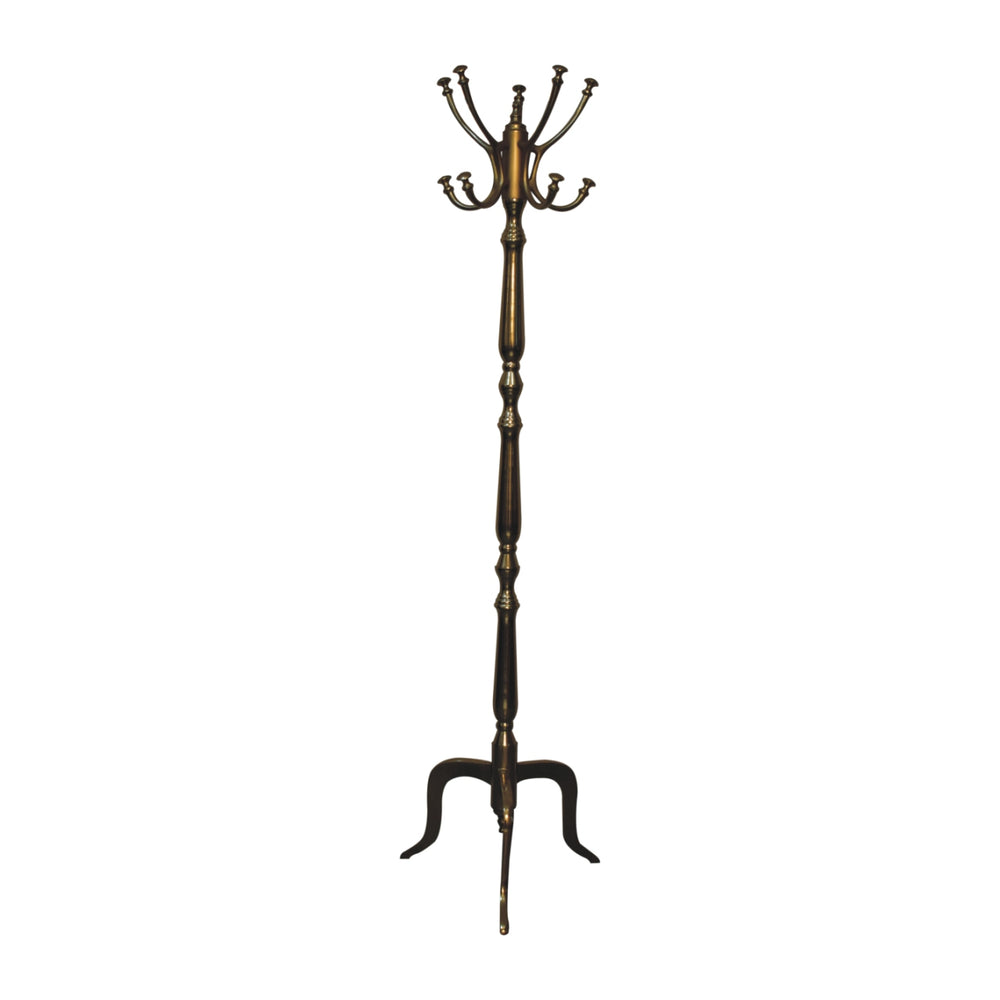
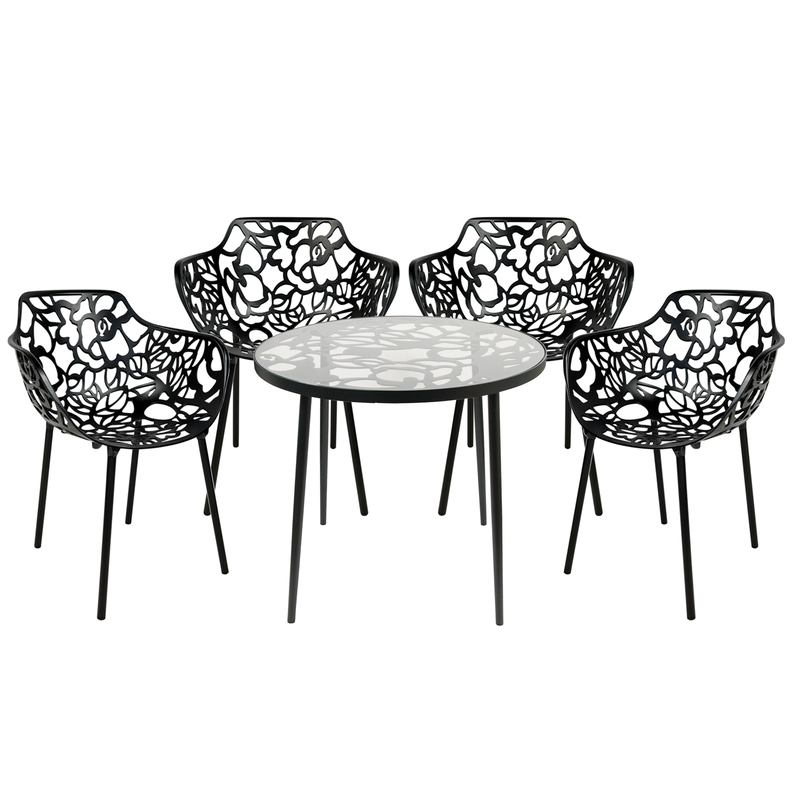

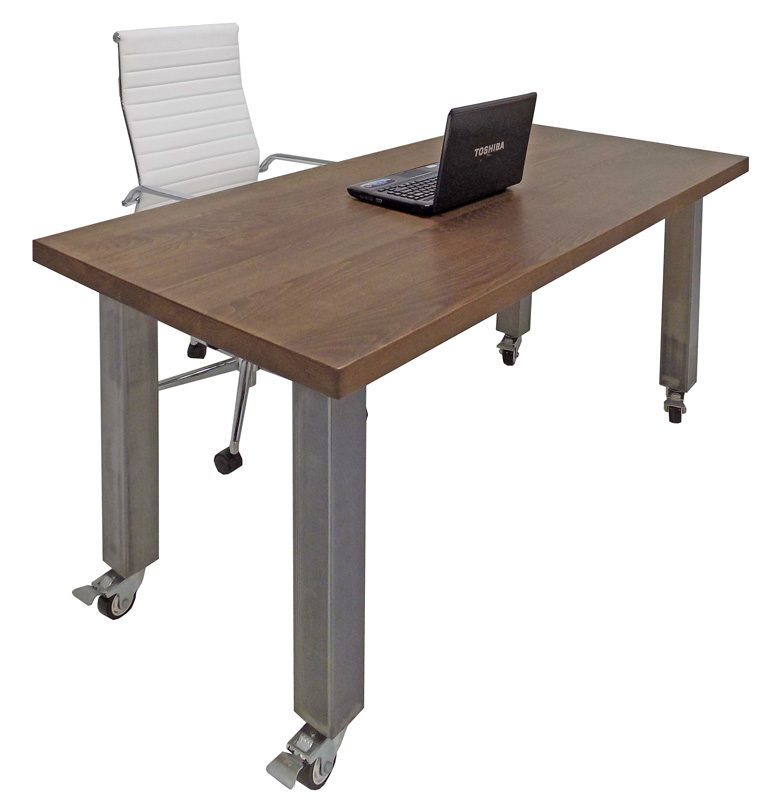





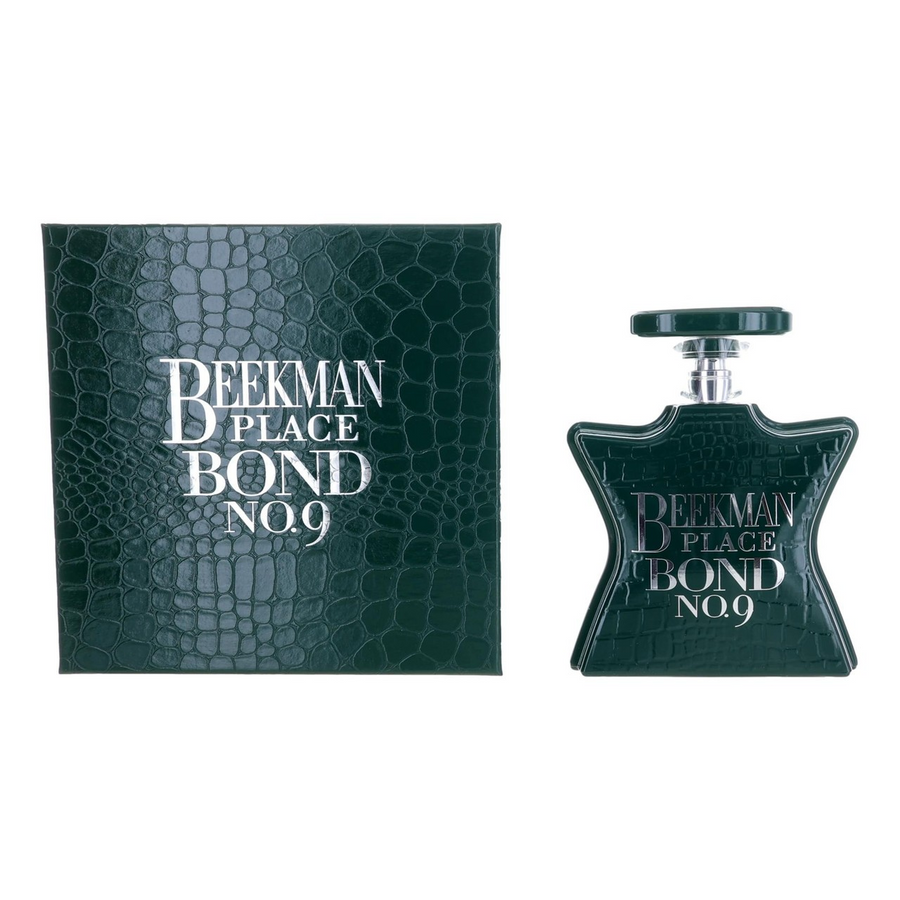

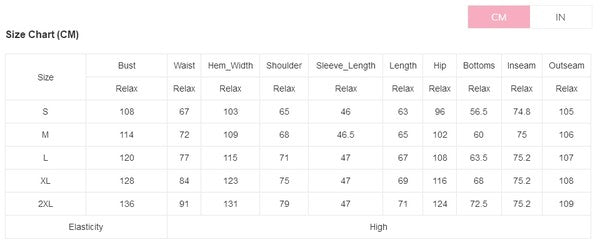




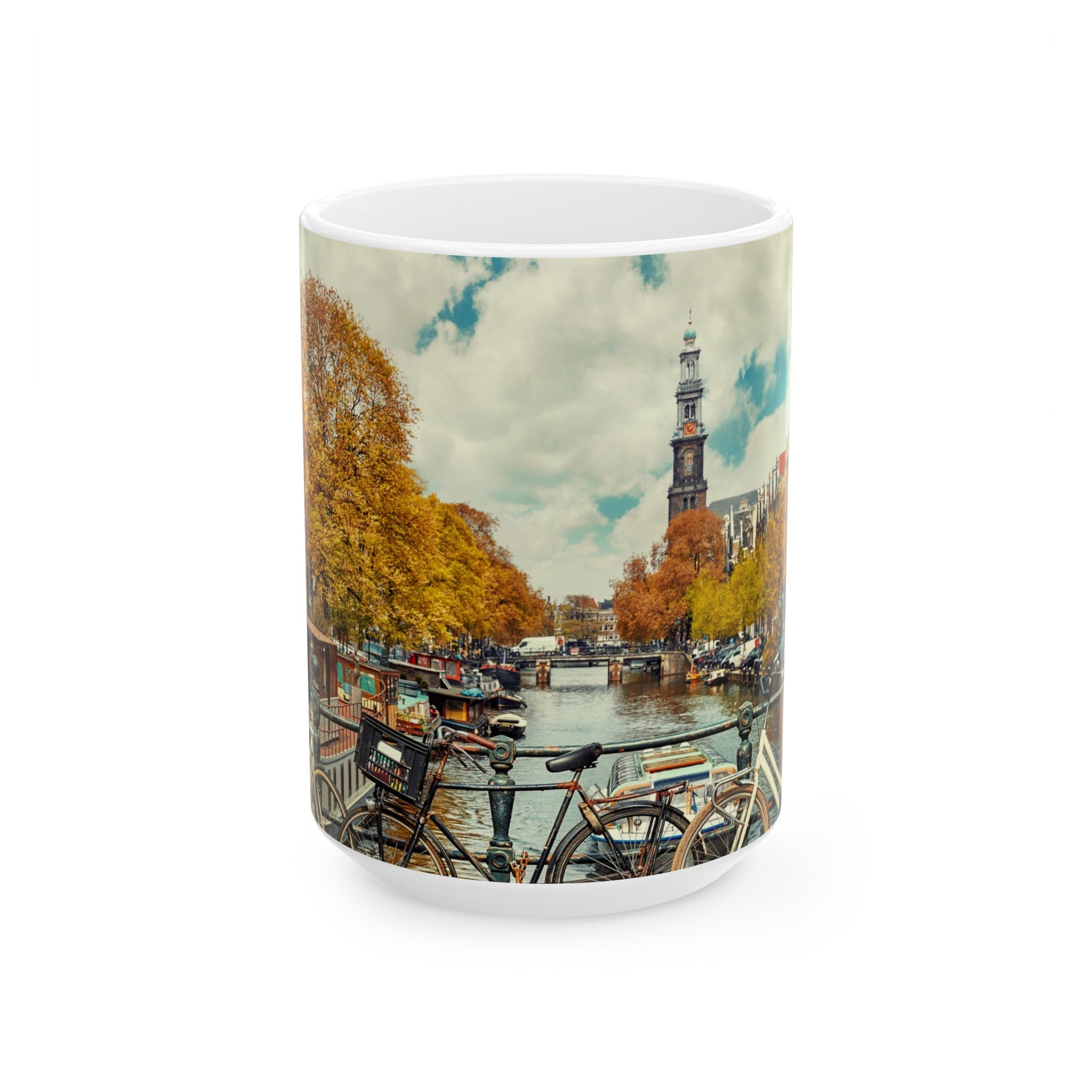



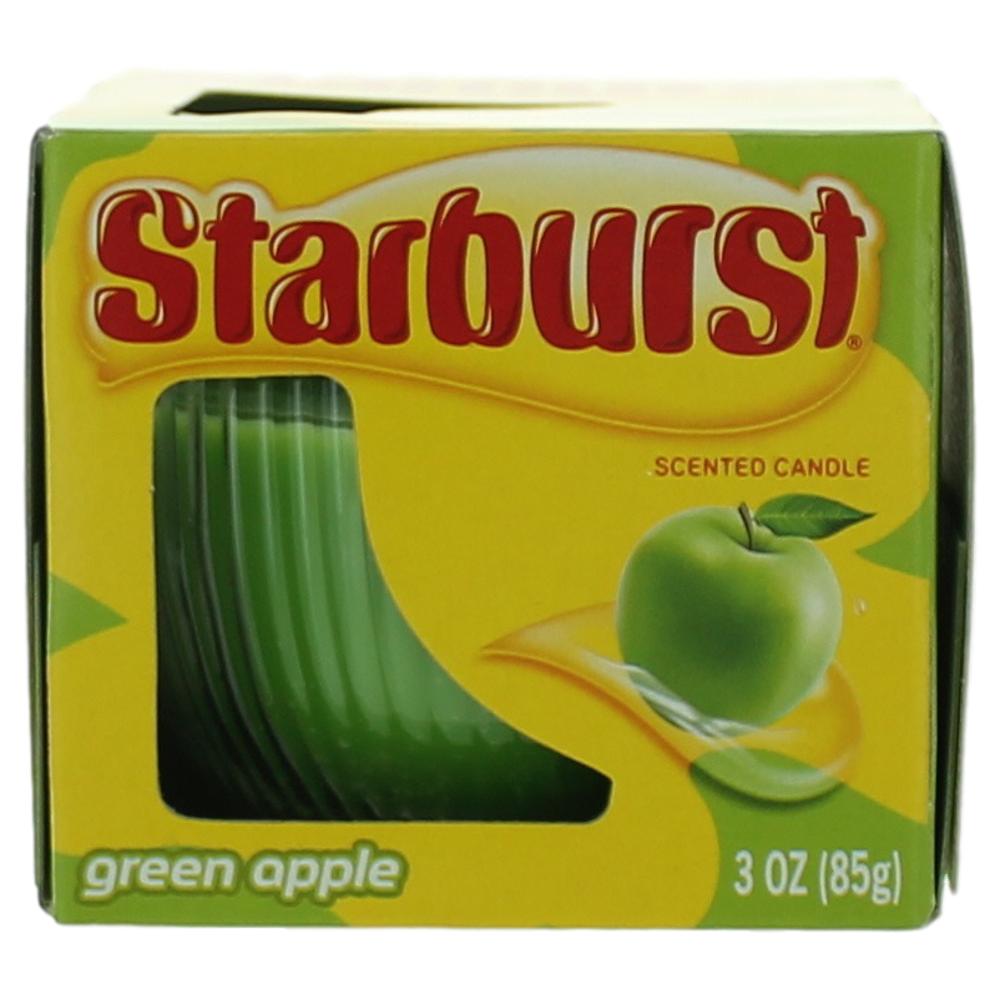
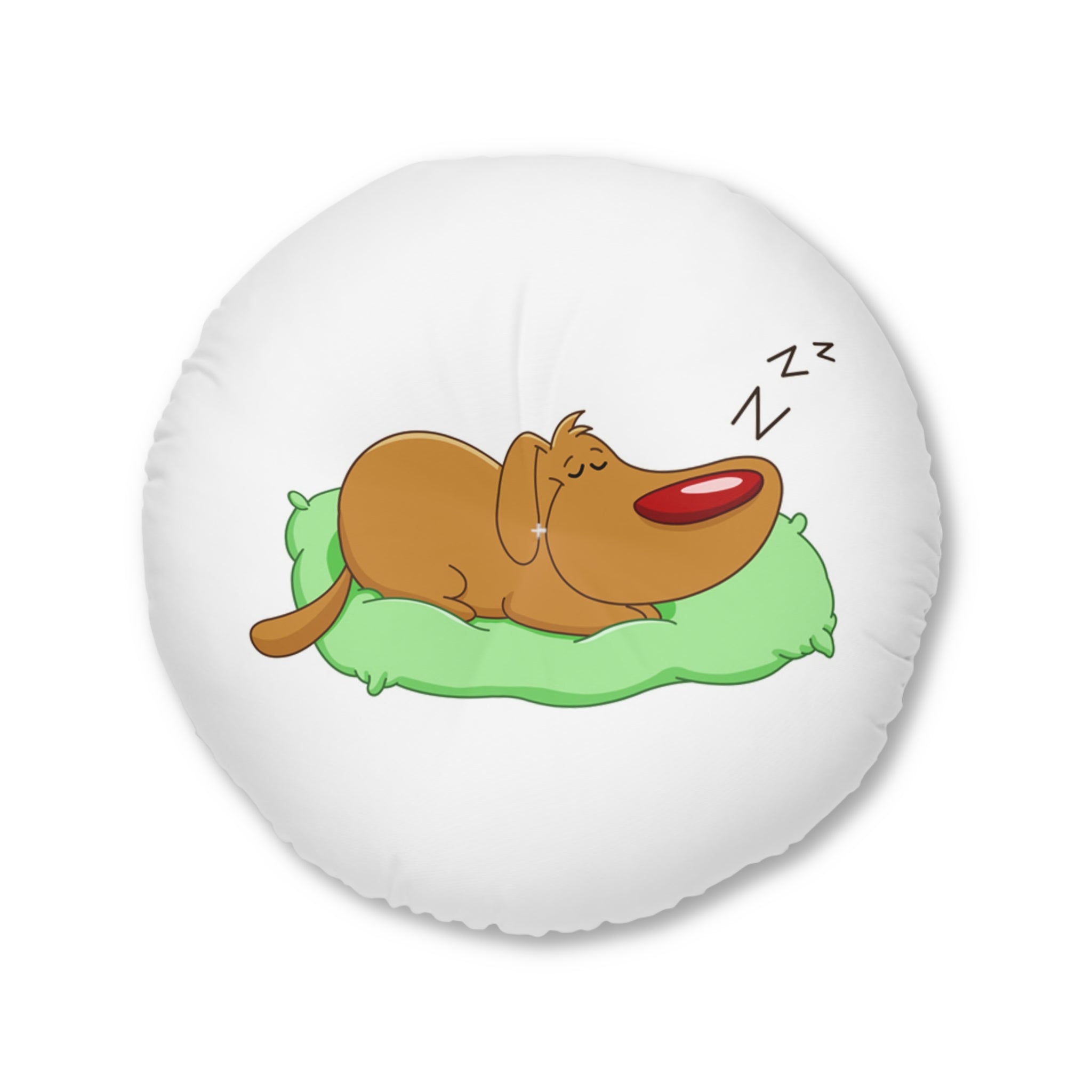
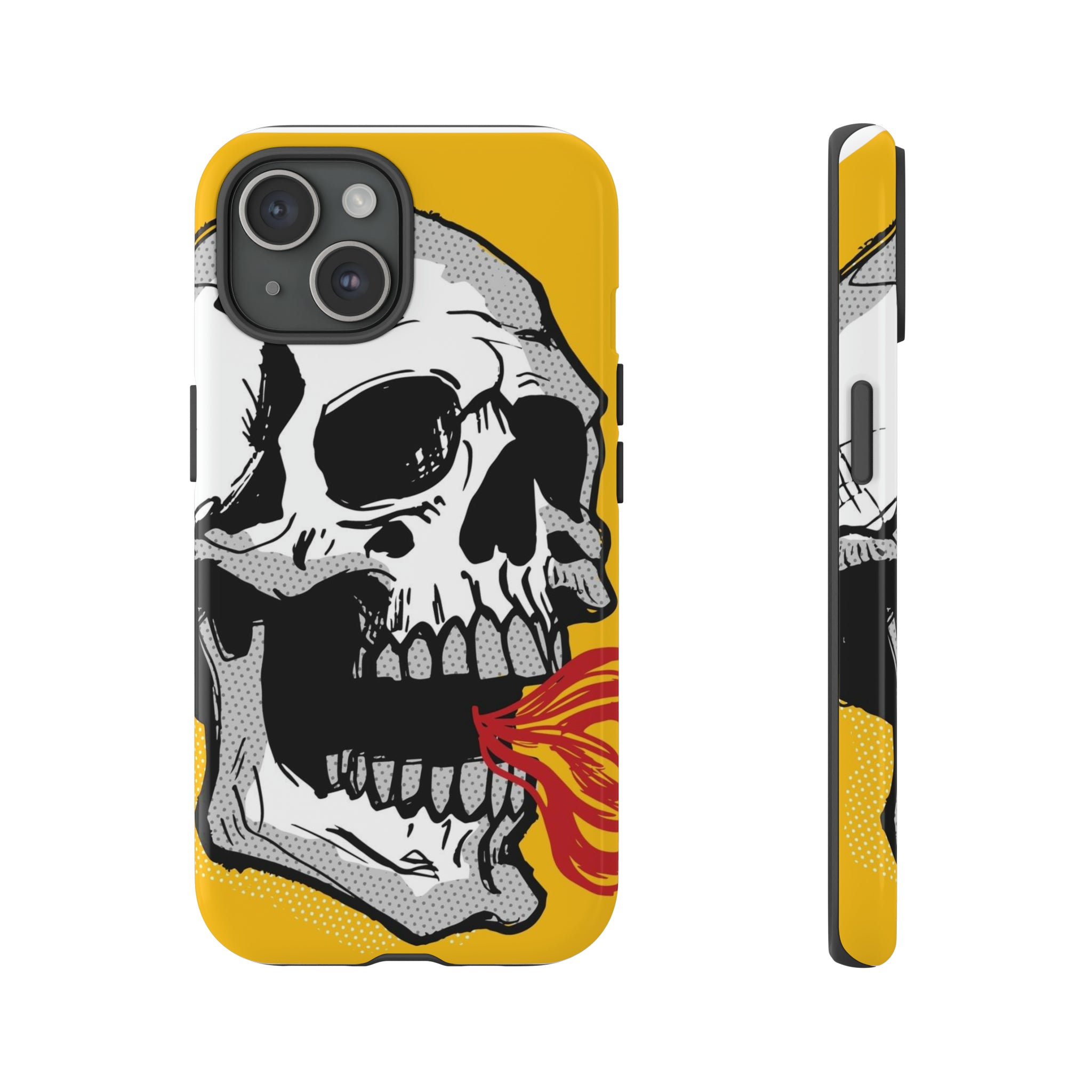
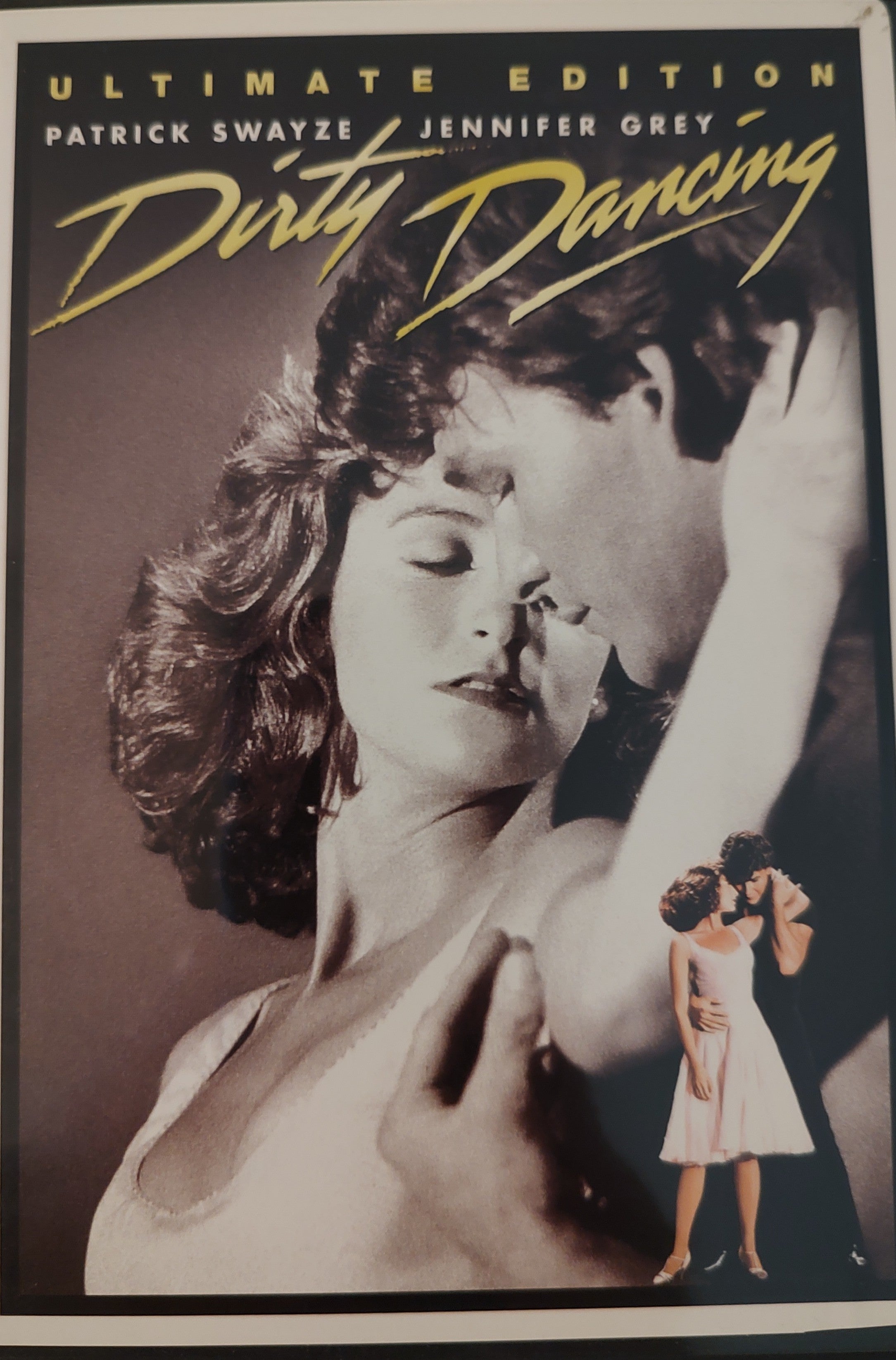




















Leave a comment